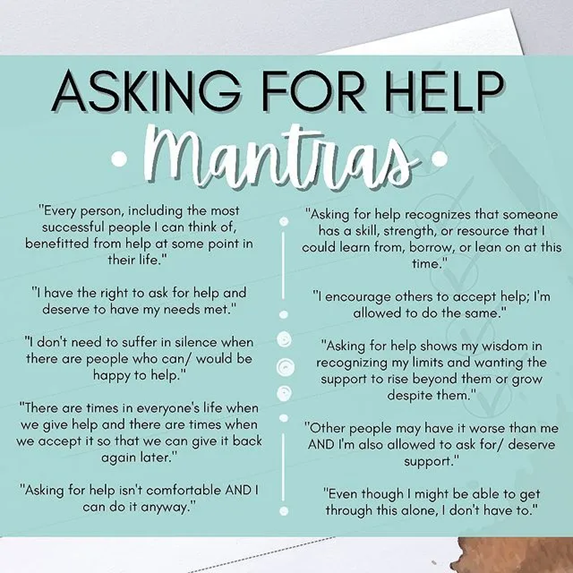Meet The Team At Save The Michael's Of The World

Tonja Tonja is one of the Recovery Coaches at Save The Michael’s Buffalo Office. Tonja has her own recovery story and works a 12-step program and has seen the devasting effects that alcoholism and substance use disorder has on loved ones. Because of this unique perspective, Tonja can help individuals as well as families. Tonja explained that recovery coaching is different from counseling in the aspect that she can relate to clients on a personal level, but more than that, Tonja says that the best way she can help a person is to ask them “How can I support you”? Tonja goes on to say that relapse prevention is a part of her coaching methods. She reminds people that relapse/reoccurrence can be but doesn’t have to be a part of their story. But if it, the most important piece of advice she can give is to allow yourself some grace, it’s not about how many times we fall, but how many times we get back up. Tonja’s favorite way to support her clients, is to challenge them to find out what...





